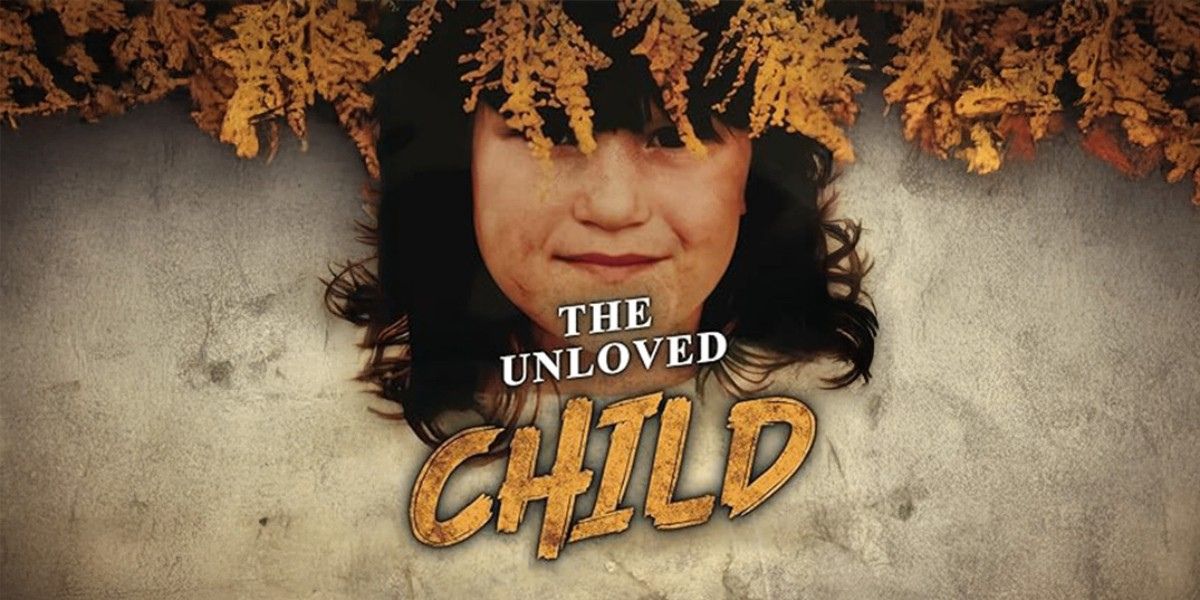By: Jennifer C. Enriquez
Generational abuse can feel like a cycle—one that binds trauma from one generation to the next. Many people who find themselves trapped in it often feel there’s no way out. But Wendeline McDonald’s story shows that change is possible, even when it seems out of reach.
In her candid memoir, The Unloved Child, Wendeline opens up about her painful past and how she worked to break that chain, not just for herself, but for her children. Her journey is more than one of survival. It is about finding a way to heal and transform her life.
Facing the Past, Step by Step
Wendeline’s journey began with a childhood marked by neglect, cruelty, and betrayal—especially from her mother, JoAnn. But healing started at a young age, following her parents’ divorce, when she was ordered into therapy at the age of seven. What began as court-mandated therapy gradually became a critical part of her recovery.
Therapy played a key role in helping her unpack years of trauma, guiding her through repressed memories, anxiety, and shame. “I had to pop the balloons,” she writes, releasing the pain so it wouldn’t continue to affect her and her future generations.
Setting Boundaries That Matter
One of Wendeline’s most profound acts of healing was deciding to sever ties with her abuser. She visited JoAnn on her deathbed—not with the intention of forgiving, but to reclaim her own voice. Wendeline said goodbye on her own terms—and chose not to attend the funeral.
Wendeline also left two difficult marriages, choosing solitude over the chaos they brought. “I had to stop chasing love,” she says. It was a bold decision: to protect her peace, even if that meant standing alone.
Parenting With Purpose, Not Fear
Wendeline knew that she needed to parent her children in a way that was different from her upbringing. She focused on creating an environment without guilt, violence, or control.
She parented with empathy—listening, apologizing, and showing affection freely. When anger surfaced, she made an effort to pause, reflect, and adjust her approach. Even small gestures, like gently brushing her daughter’s hair, became ways to slowly undo the damage that had been passed down through the generations.
Finding Strength in Support
Wendeline didn’t have to walk this path alone. Her partner Lance, compassionate therapists, friends, and even strangers played a significant role in helping her rebuild. A doctor who stayed with her during a suicide attempt, or a counselor who reassured her, “It wasn’t your fault,” were just some of the sources of support that guided her.
And her children—healthy, thriving, and happy—became a testament to the possibility of a different path forward.
Choosing Self-Love Over Shame
The greatest battle Wendeline faced was often an internal one. The years of abuse left her struggling with feelings of guilt, wondering if she had somehow deserved it. But therapy, writing, and reflection helped her replace shame with self-compassion.
She took care of herself, physically and emotionally. She took her medication. She rested. And she wrote The Unloved Child.
Because Wendeline learned that healing isn’t selfish—it is essential for growth and recovery.
A New Legacy
Today, Wendeline’s children and grandchildren live free from the shadow of JoAnn’s cruelty. They have never heard her voice or experienced her harm, and they likely never will.
Wendeline didn’t just overcome abuse—she broke the cycle.
“Breaking generational abuse isn’t about being strong. It’s about having the courage to face the truth—and the persistence to build something better,” Wendeline McDonald writes in The Unloved Child.
If you’re seeking a story of resilience, understanding, and growth, Wendeline’s journey offers just that.
This memoir offers an intimate look at how someone can rise from the depths of trauma to create a healthier future. It is a testament to the possibility that even the deepest wounds can become a foundation for change.
Disclaimer: The content of this article is based on Wendeline McDonald’s memoir, The Unloved Child, and is intended for informational and inspirational purposes. The experiences shared in this article reflect the author’s personal journey and may not be representative of everyone’s experience with generational abuse. Readers who are affected by similar issues are encouraged to seek professional support and counseling.


















